The Loveliest Vowel Empties: Collected Poems
- 128 pages
- 5 hours of reading
Meret Oppenheim's collected poems, spanning from 1933 to 1980, showcase her unique voice that transcends Surrealism, featuring vivid imagery and sound. The volume includes 49 poems presented alongside their original German and French texts. Oppenheim was a prominent figure in the 1930s Paris art scene, mingling with influential artists like André Breton and Marcel Duchamp. Her work is celebrated for its timelessness and striking self-assurance, coinciding with a major retrospective of her art at the Museum of Modern Art in New York.
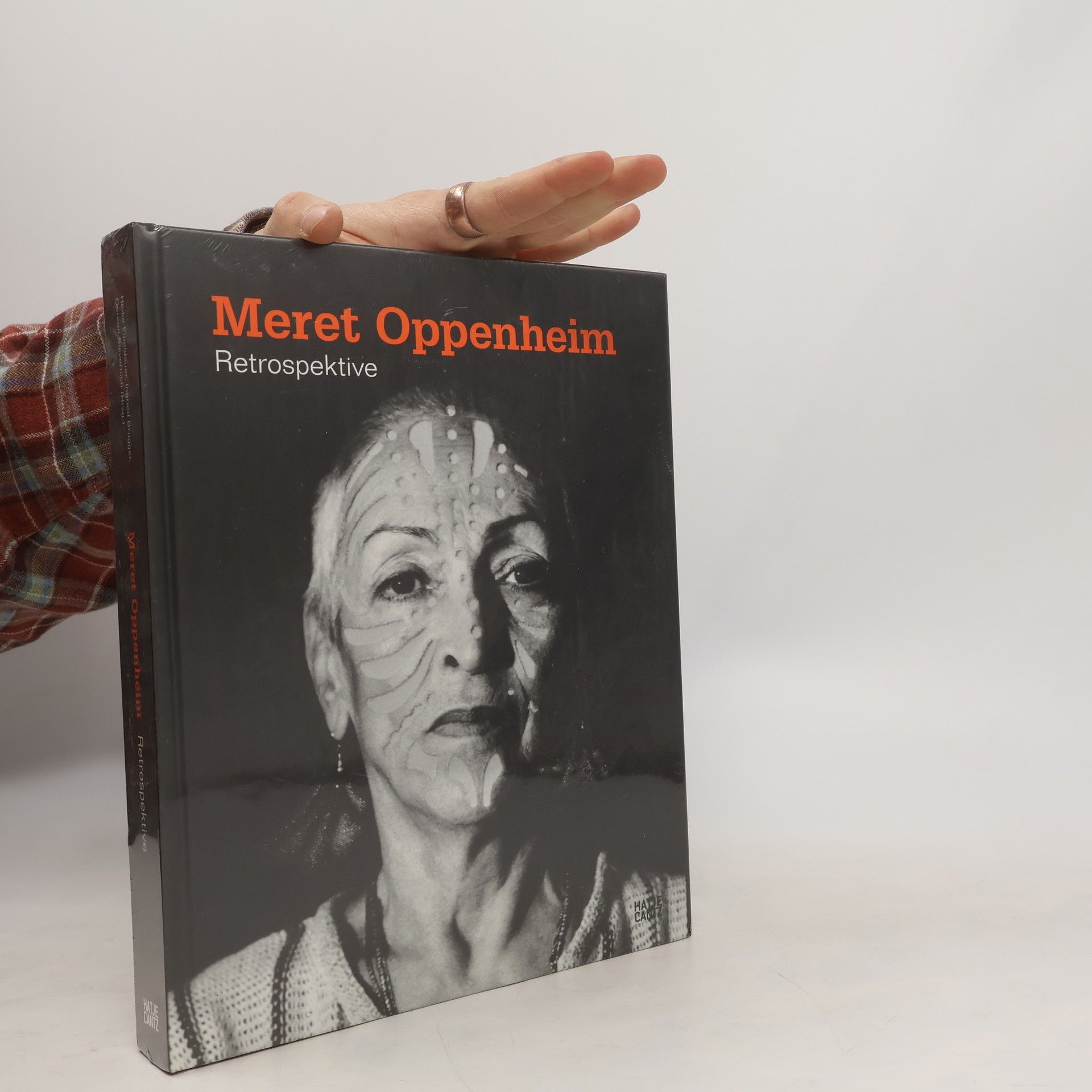
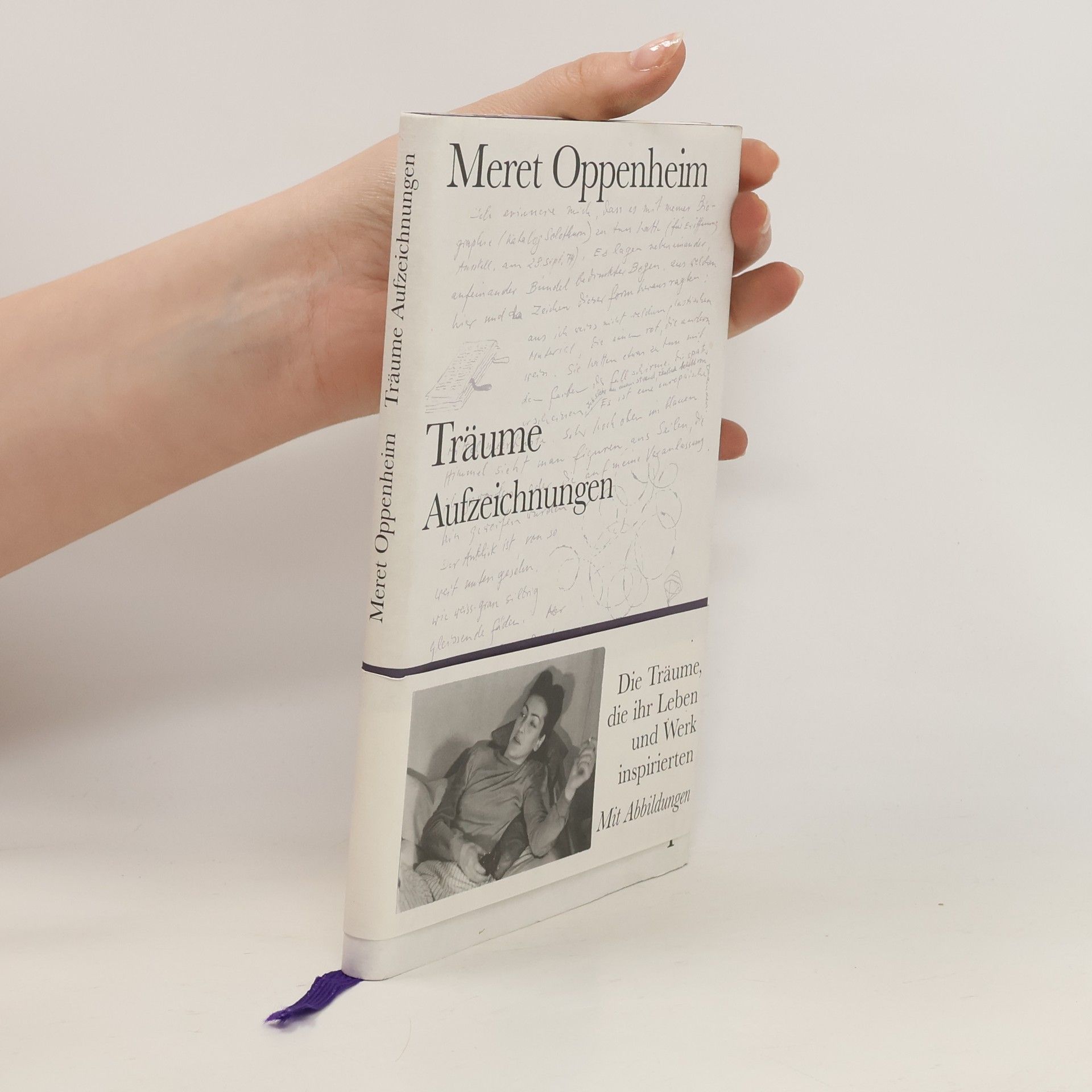
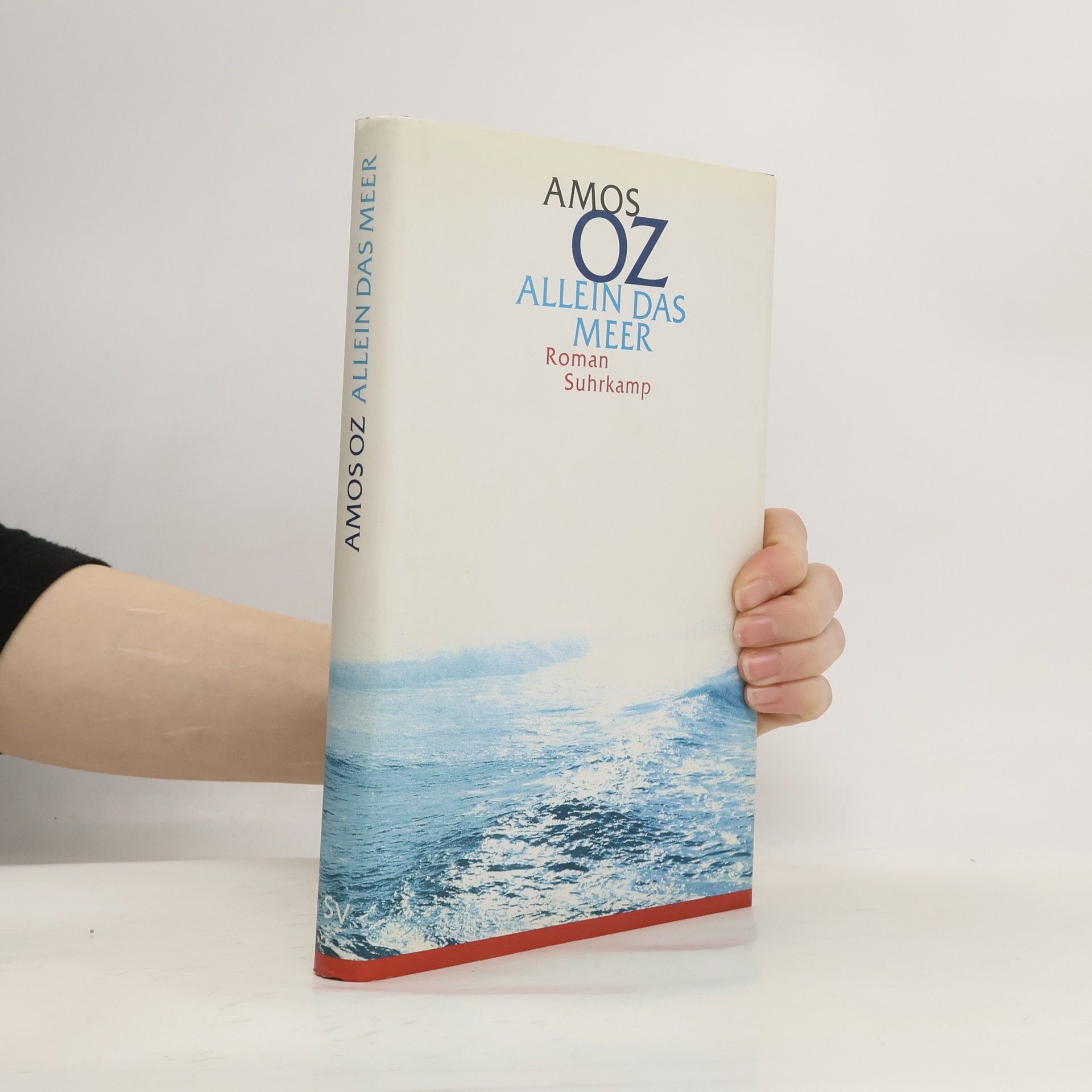

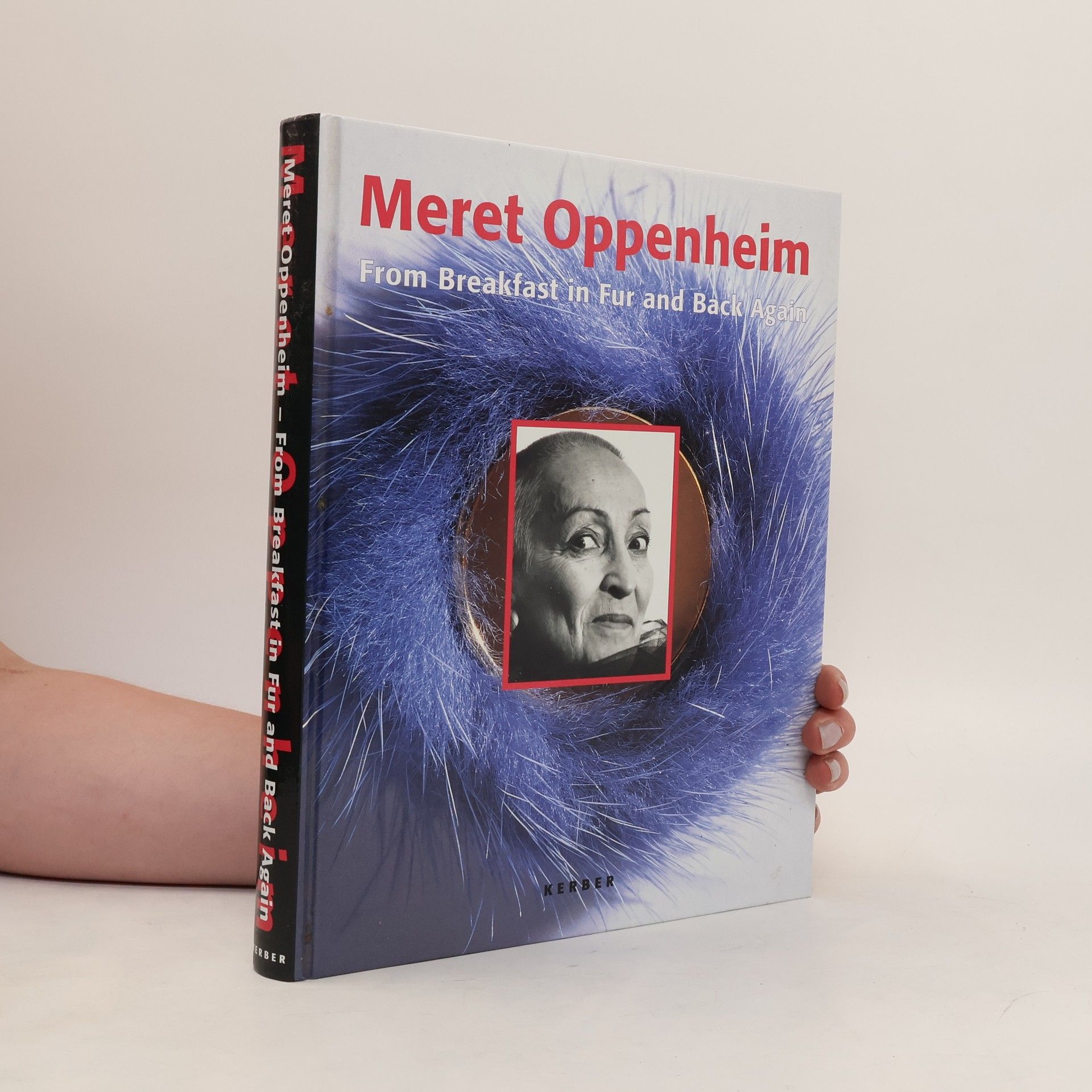

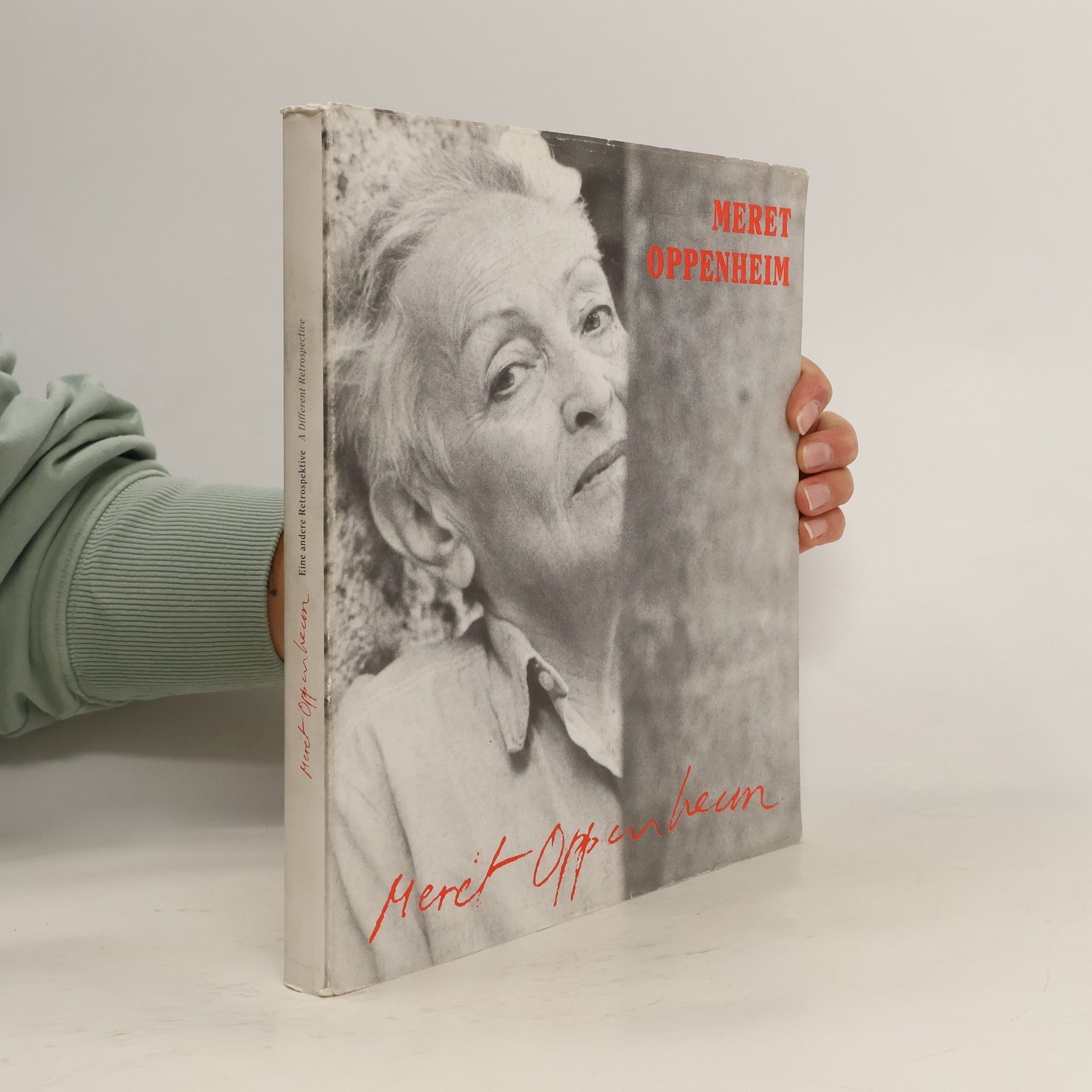
![Aufzeichnungen 1928 [neunzehnhundertachtundzwanzig] - 1985](https://rezised-images.knhbt.cz/1920x1920/49695187.jpg)